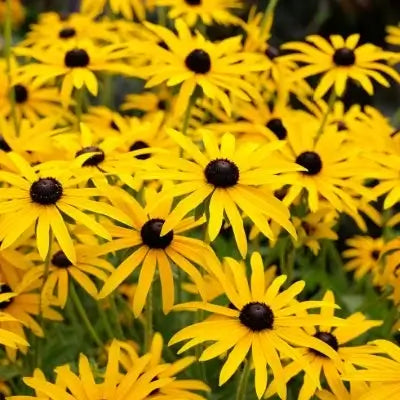To keep your garden healthy and manage pests and diseases effectively, here are some strategies you can implement
Choose the right plants: Select plants well-suited to your climate and soil conditions. Healthy plants are more resistant.
Crop rotation: Rotate the placement of crops each year to disrupt pest and disease life cycles. It helps prevent the buildup of pests and pathogens in the soil.
Proper spacing: Provide adequate spacing between plants to improve air and reduce the spread of diseases.
Good sanitation practices: Regularly clean your garden by removing dead plant material, fallen leaves, and weeds. It reduces the hiding places and breeding grounds for pests and diseases.
Water management: Water plants at their base rather than overhead to minimize leaf wetness, which can encourage the development of diseases.
Avoid overwatering, as it can create favorable conditions for diseases to thrive.
Mulching: Apply organic mulch around plants to suppress weeds, conserve moisture, and maintain more even soil temperatures. Mulch also acts as a barrier against some soil-borne diseases.
Encourage helpful insects such as ladybugs, lacewings, and bees into your garden
They help control pest populations naturally. You can attract them by planting nectar flowers and installing insect houses.
Companion planting: Plant companion plants that repel pests or attract beneficial insects. For example, marigolds can deter aphids, and planting herbs like basil and mint can repel certain pests.
Use resistant varieties: Select plant varieties naturally resistant to common pests and diseases. Check with local nurseries or agricultural extensions for recommendations.
Integrated Pest Management (I.P.M.): Employ an integrated approach combining cultural, biological, and chemical control methods. Monitor your garden and only resort to chemical treatments as a last resort.
Remember, it's essential to identify your region's specific pests and diseases to tailor your management strategies accordingly
Consult with local gardening resources, agricultural extension offices, or experienced gardeners for more detailed guidance. -- Tn Nursery

























































